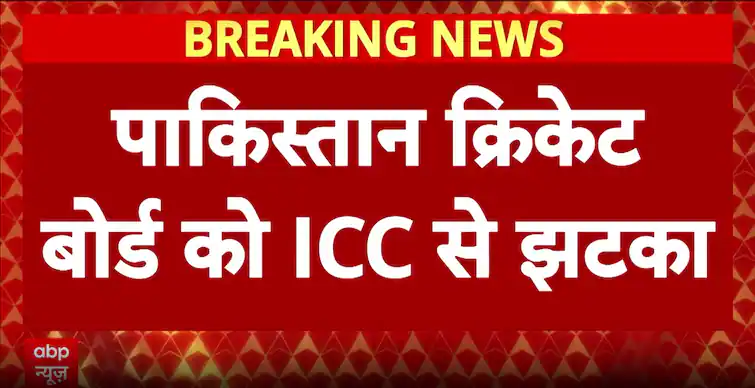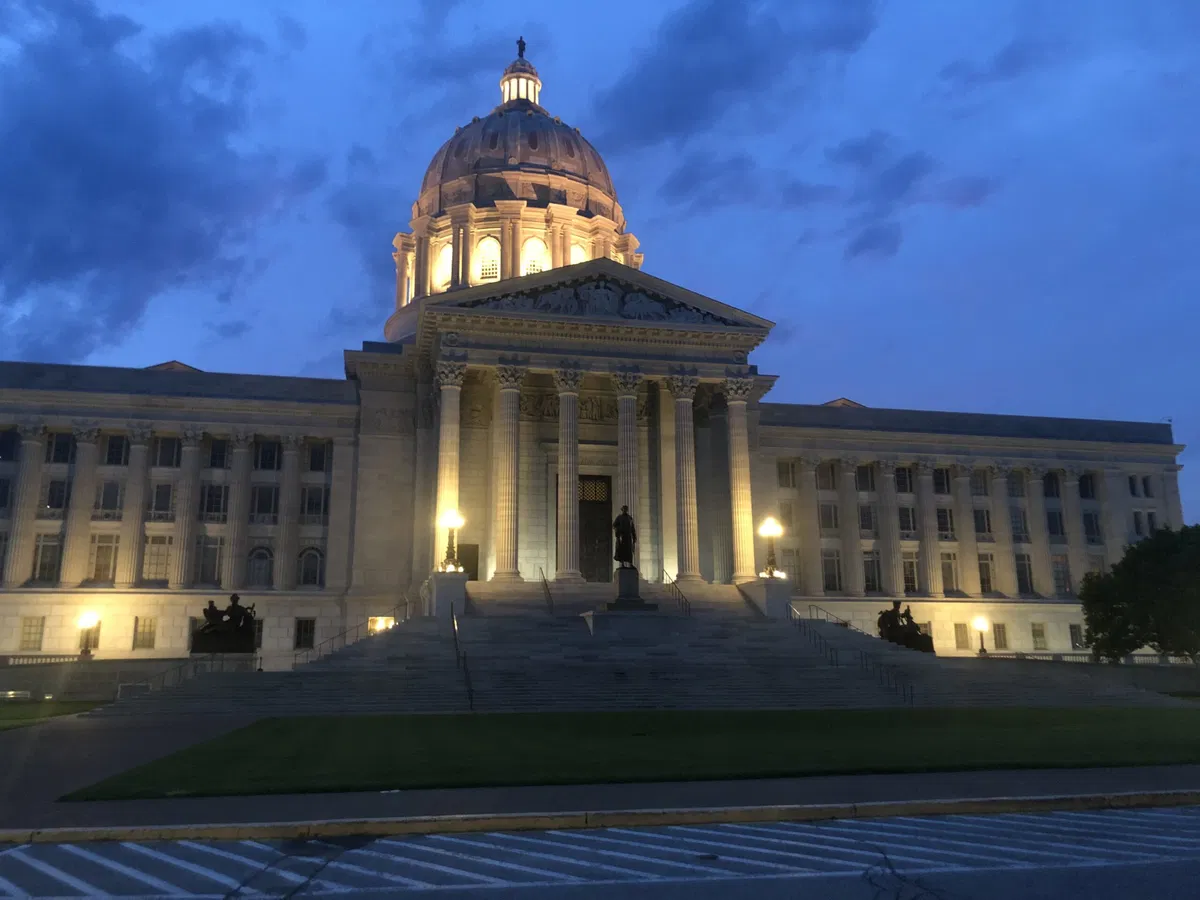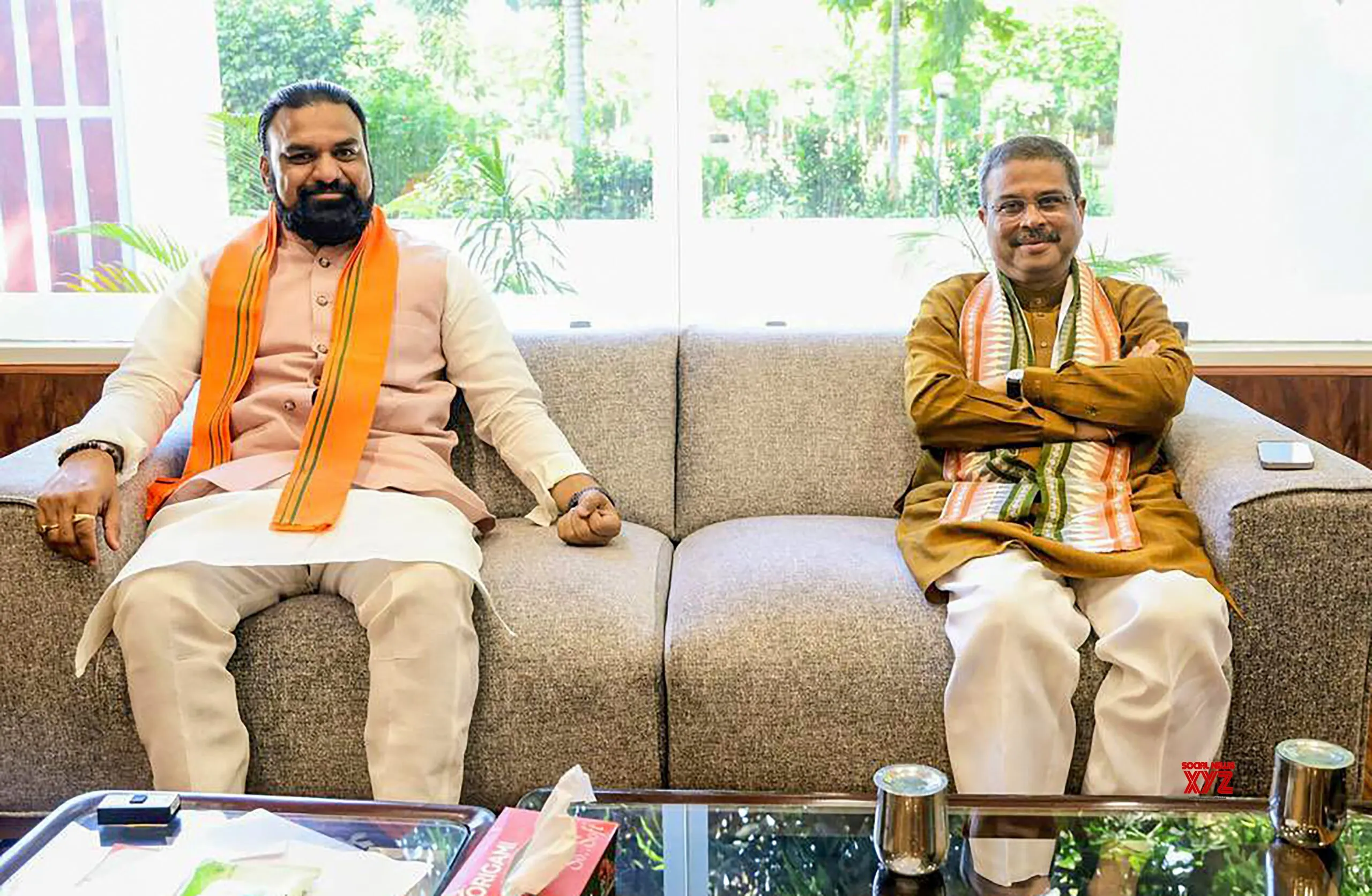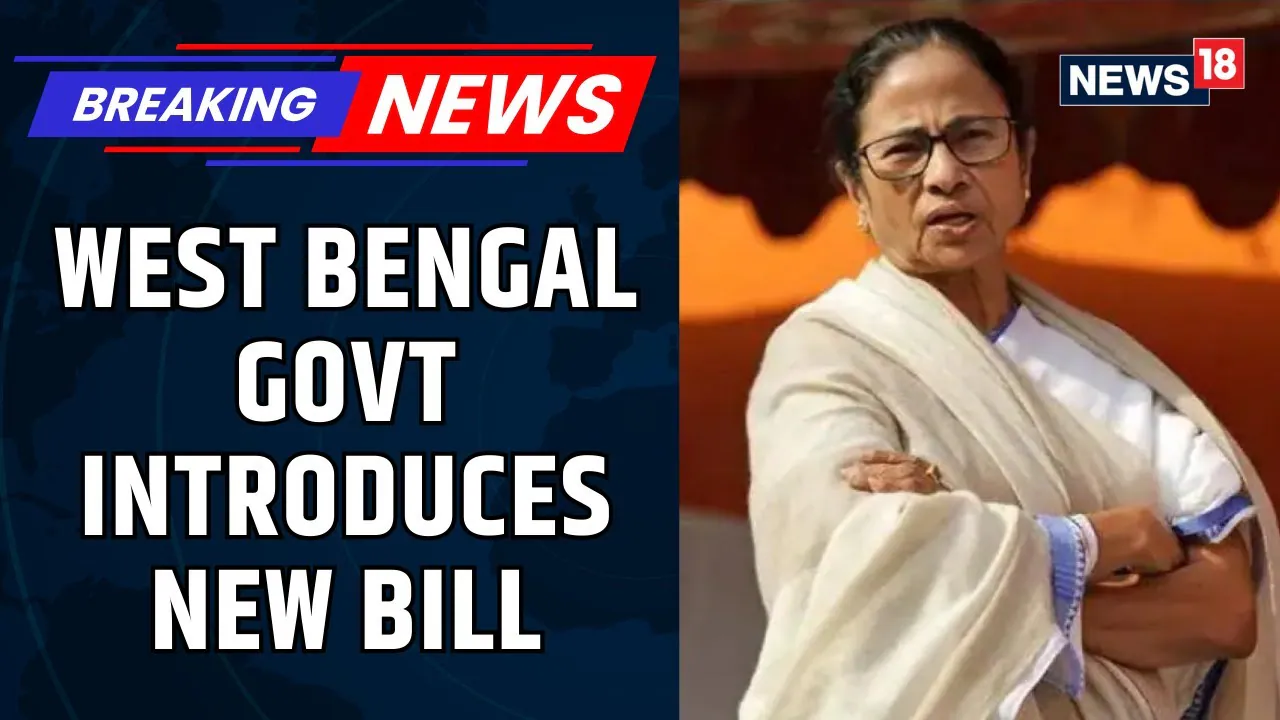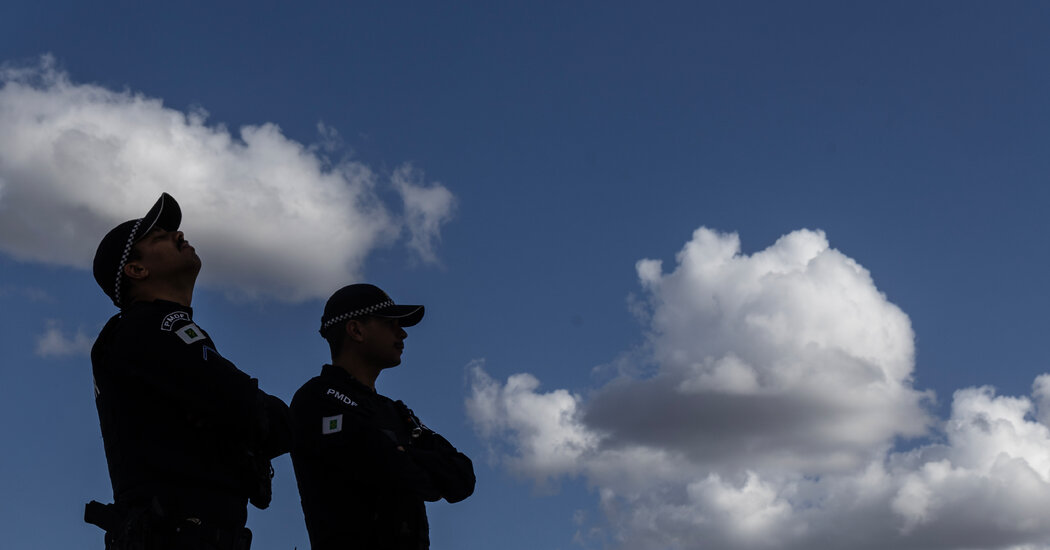
Last month, Jair Bolsonaro, Brazil’s former president, was convicted of plotting a coup. He received 27 years in prison and was barred from running for office again.
That might have been the end of it. The evidence against Bolsonaro was unusually strong. The coup plan was even detailed in writing.
But in the weeks since, Bolsonaro’s supporters have been staging protests. Some members of Congress have discussed an amnesty bill to free him; that prospect has prompted its own protests. If the purpose of the trial was “the healing of wounds,” as one Supreme Court justice put it, Brazil’s wounds have a lot of healing to go.
Bolsonaro’s trial is an example of a problem facing courts around the globe. Their job is to uphold the law. They do so, in part, in the service of stabilizing democracy. A trusted neutral arbiter can prevent cases from spiraling into violence or political chaos.
But in an environment in which polarization and institutional mistrust run deep, even independent court rulings may no longer help stabilize societies anymore. In some cases, they might actually be destabilizing.
Brazil, France, Turkey and more
Criminal prosecutions of high-profile politicians have taken place in recent years across a diverse range of countries: Brazil, Turkey, Romania, France, South Korea and the United States, among others. What’s striking is how similarly they’re perceived, regardless of the independence of the courts in question.
In Turkey, the mayor of Istanbul, Ekrem Imamoglu, was arrested on accusations of corruption and terrorism, just as he was becoming a serious challenger to President Recep Tayyip Erdogan.
In France, the far-right leader Marine Le Pen was found guilty of embezzlement and barred from running for office in the 2027 presidential election. Polls predict she would easily beat President Emmanuel Macron.
International rankings of judicial independence place France much higher than Turkey, where critics have long accused Erdogan of using state institutions to undermine political rivals. But the reactions from those hurt by the ruling sounded identical.
“We are faced with a coup attempt against our next president,” said the head of Turkey’s main opposition party.
French democracy “has been executed,” Le Pen’s protégé lamented.
In the current environment, it’s not easy for many to tell the difference between court decisions that are political and those that are independent but deliver an outcome they don’t like.
I spoke to Ivan Krastev, a political scientist and prominent thinker on democratic backsliding. He told me voters in countries around the world increasingly see every election as crucial to the survival of democracy. And so they see court rulings on leading candidates through the same lens. These rulings, in turn, become fuel for further polarization and mistrust.
A slippery slope
Independent courts were designed to ignore politics and public opinion. But that design is a means to an end: a resilient democracy.
Krastev said that if a ruling is politically destabilizing, courts “can’t not be interested in that.” When the fallout from barring a front-runner from standing in elections may be more consequential than the crime itself, he suggested, the sentence might want to take that into account. That doesn’t mean impunity — but it does require engaging in a balancing act between justice and social stability.
The idea of that tension isn’t new, though it tends to be applied more readily to crimes that are more straightforwardly political in nature. (Brazil itself has a history of granting amnesty for political crimes.) It’s less commonly discussed in the context of politicians standing trial for crimes like embezzlement or corruption. The judgment calls in those cases are full of thorny questions. Who is high profile enough to be politically sensitive? What crimes are too serious to let off lightly?
For many judges, the idea of making these sorts of calculations is anathema. Nancy Gertner, a retired U.S. District Court judge now at Harvard Law School, called the prospect “a very troubling slippery slope.”
The bigger point, Krastev said is that the perceived politicization of the courts is another symptom of a crisis of democracy. In America, where President Trump has denounced the court cases against him, public confidence in the judiciary has slumped to a record-low 35 percent. If judges have become as divisive as the political leaders they’re bringing to justice,democracy has a problem.
Israel blocked a Gaza aid flotilla
Israeli naval forces intercepted several boats that were part of a flotilla yesterday carrying humanitarian aid bound for Gaza.
Three previous attempts to reach Gaza by sea have failed, with one boat hit by explosions. The flotilla consisted of 40 boats, carrying high-profile activists including Greta Thunberg and Mandla Mandela, a grandson of Nelson Mandela.
Israel has imposed restrictions on the entry of aid to Gaza during the nearly two years of war, leading to some of the highest levels of malnutrition since the fighting began. The International Committee of the Red Cross said yesterday that it had been forced to suspend operations in Gaza City because of the intensifying Israeli military campaign there. A U.S.-Israeli plan to end the war promises that “full aid” would be sent “immediately” to Gaza when a deal is reached. Hamas has yet to respond to the proposal.
Remembering Jane Goodall
Jane Goodall first became famous for chronicling the distinctive behavior of wild chimpanzees in East Africa. Her long career as a conservation activist cemented her legacy.
She died yesterday in California at age 91.
In the early 1960s, Goodall was the first to observe chimpanzees eating meat and using tools, expanding our understanding of primate capabilities. In an interview with The Times, Goodall described what she had learned about people from working with chimps: “That we’ve been very arrogant in thinking that we’re so separate.”
OTHER NEWS
Markets wavered over the effects of the U.S. government shutdown. Many services were disrupted, but airports reported few delays.
A strong earthquake in the central Philippines killed at least 69 people.
Russia said it was ready to retaliate if E.U. leaders unlocked $165 billion in Russian assets for Ukraine.
Trump signed an executive order promising to defend Qatar, including by taking military action, if the country comes under attack.
The ringleader of a group of men who raped two teenage girls in England was sentenced to 35 years in prison.
A doctor in Sudan described the horror of war. Days later, he was killed in a missile attack on a mosque.
